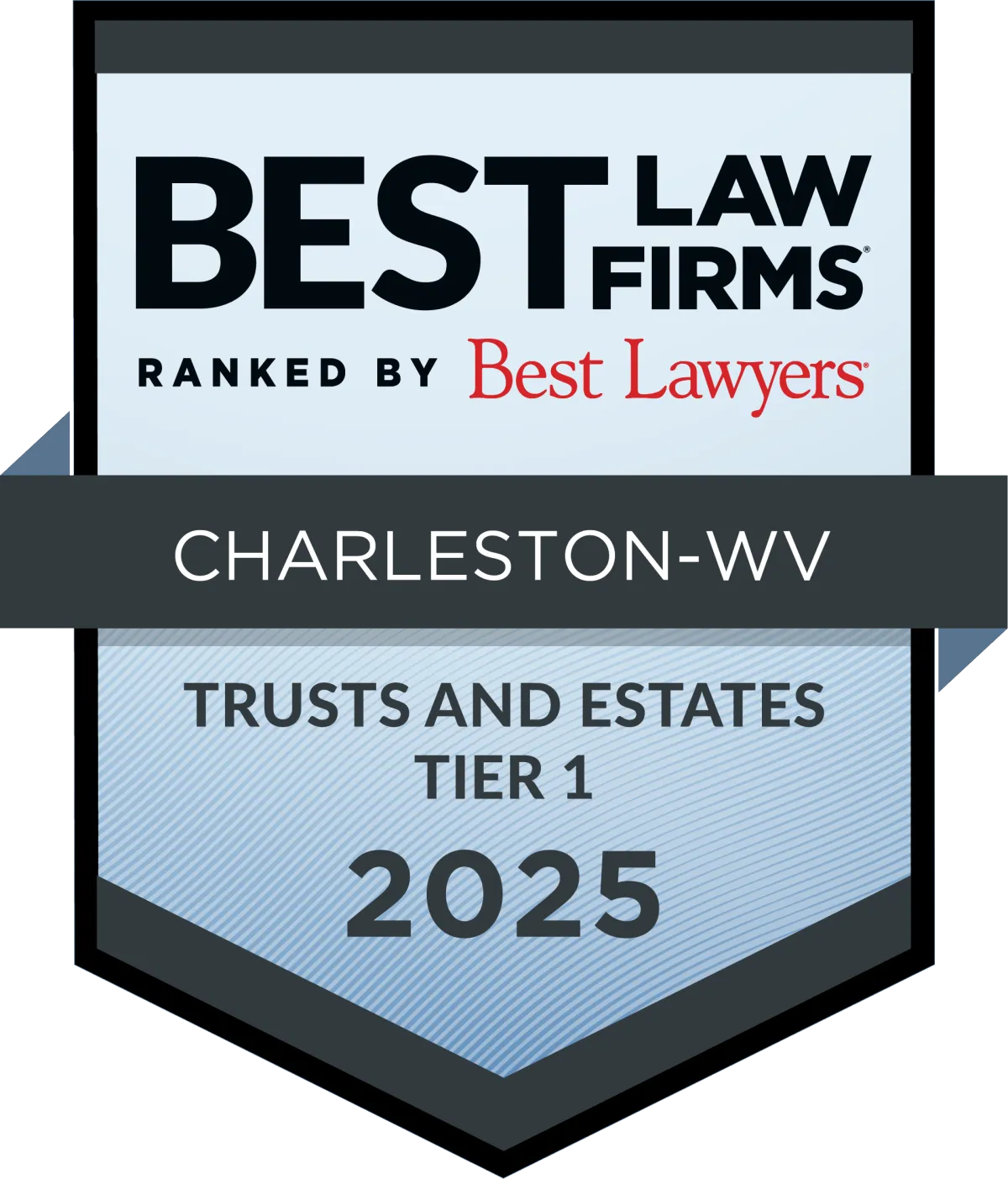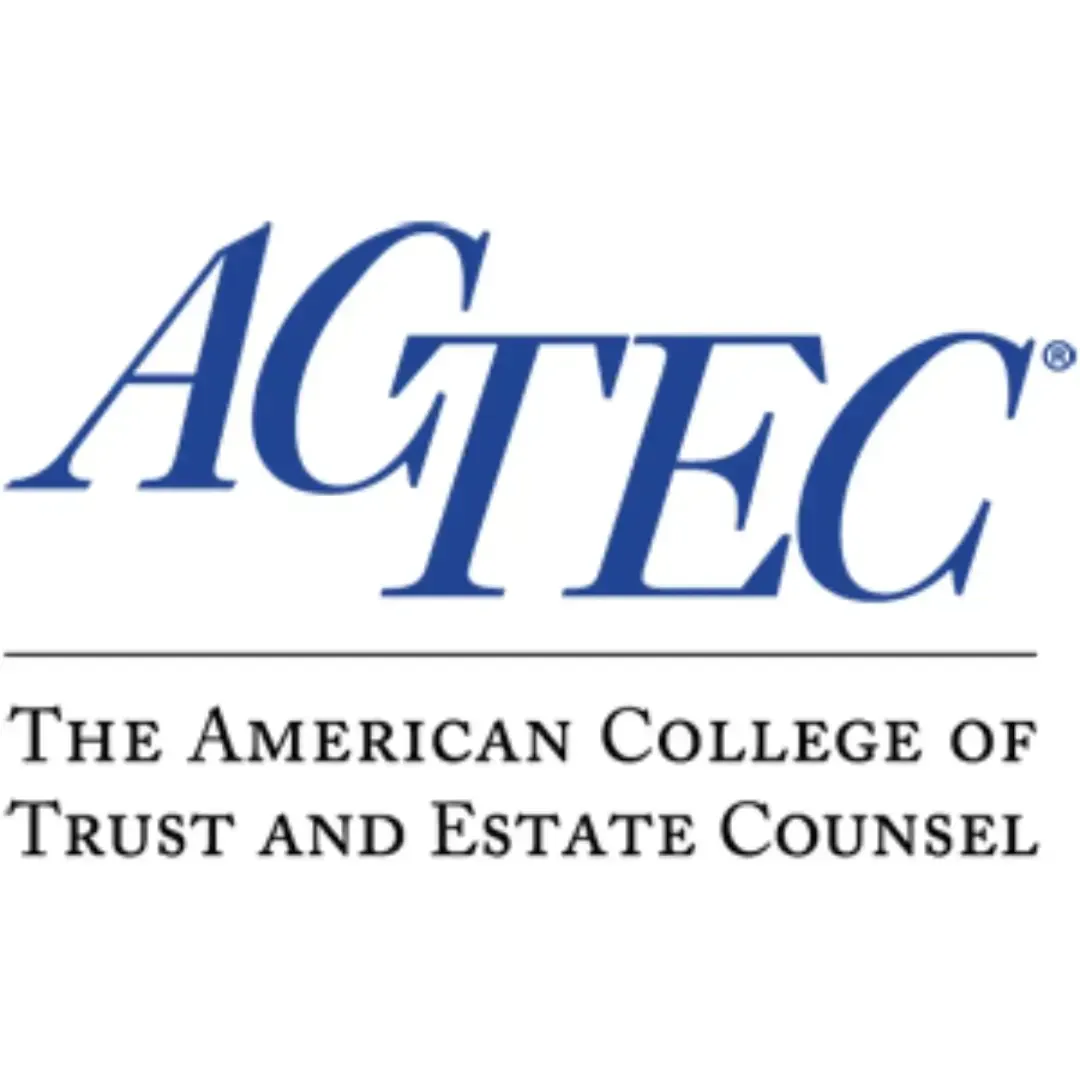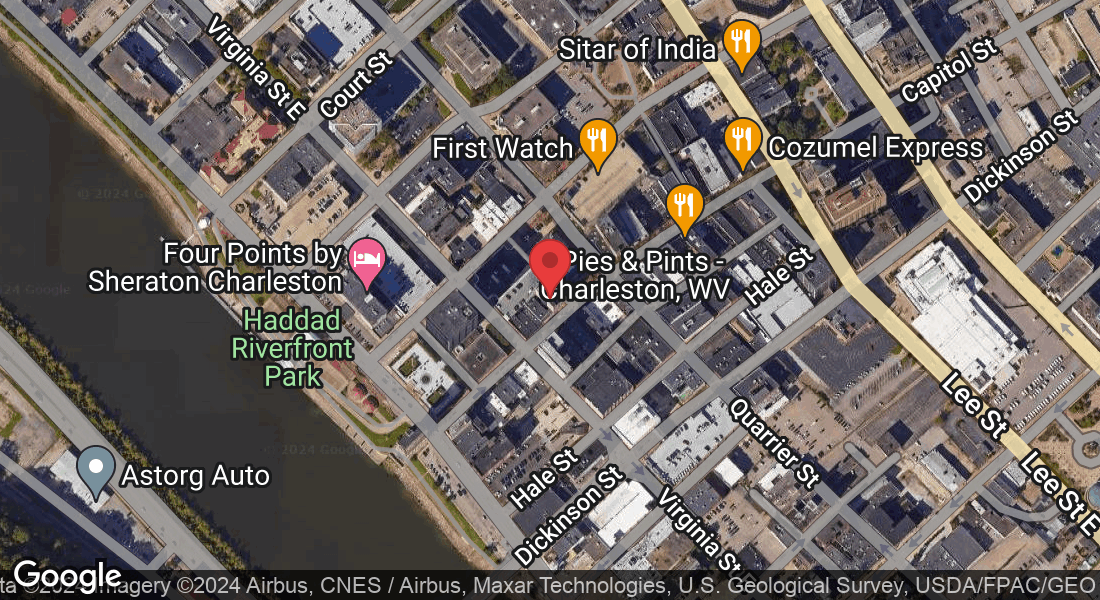
Blogs

How to Resolve Property Conflicts Efficiently and Legally
West Virginia Property Dispute Resolution: How to Resolve Property Conflicts Efficiently and Legally
Property disputes in West Virginia can escalate quickly—leading to lawsuits, financial loss, and damaged relationships. Whether it involves a real estate contract, a lease disagreement, or a boundary dispute, knowing your rights under West Virginia laws is crucial to resolving conflicts effectively. This comprehensive guide explores mediation, arbitration, and legal remedies available under the West Virginia State legal framework to protect your real property, assets, and peace of mind.
Common Types of Property Disputes in West Virginia
In both urban and rural areas across the state, property disputes arise from:
Boundary disagreements
Lease violations and landlord-tenant conflicts
Construction-related property damage
Breach of contract during real estate transactions
Environmental issues (e.g., flooding, contamination)
Conflicts over mineral rights, zoning, and eminent domain
These conflicts often trigger concerns around property damage, loss of value, contract enforcement, and personal injury liability.
What Causes Boundary Disputes in West Virginia?
Boundary disputes typically stem from:
Conflicting legal descriptions in a deed
Misplaced fences or encroachments
Unrecorded easements or access rights
Inaccurate land surveys
Because real estate in West Virginia is often passed through family lines or inherited via probate, outdated records and historical errors can increase the risk of conflict.
Landlord-Tenant Disputes: Lease Violations and Eviction Conflicts
Disputes between landlords and tenants often revolve around:
Non-payment of rent or lease violations
Improper entry or denial of access
Security deposit disagreements
Failure to maintain habitable conditions, risking injury or legal liability
Resolution methods include negotiation, formal eviction proceedings, and mediation under West Virginia landlord-tenant law. Insurance claims may also be filed in cases involving property or personal injury.
Real Estate Transaction Disputes and Breach of Contract
Disputes during real estate sales are often caused by:
Breach of real estate contracts
Disagreements over deed restrictions or easements
Undisclosed zoning violations or environmental hazards
Post-sale discoveries of property damage
Buyers and sellers may seek damages, enforce specific performance, or pursue remedies through mediation or court trial.
Adverse Possession and Property Rights in WV
Under West Virginia laws, an individual may claim ownership of land through adverse possession after occupying it openly and continuously for 10+ years. This process can lead to title changes and even lawsuits if the rightful owner disputes the occupation.
Understanding legal considerations, including title insurance and survey evidence, is critical to defending your real property rights.
Mediation for Property Disputes: How It Works
Mediation is a non-adversarial form of alternative dispute resolution (ADR). In this process:
A trained mediator facilitates communication between parties.
The goal is a mutually agreed solution without going to court.
A signed agreement may be legally enforceable.
Mediation is widely used in disputes involving lease contracts, estate matters, or foreclosure avoidance.
Benefits of Mediation Over Litigation
Faster and less expensive than a lawsuit
Keeps proceedings private (unlike public trial)
Allows for creative solutions beyond what a court may impose
Helps preserve relationships, especially in neighbor or family-related conflicts
Most importantly, mediation empowers you to control the outcome rather than leaving it in the hands of a judge or jury.
Mediation Duration in West Virginia
Most property-related mediations can be resolved in a few weeks to two months, depending on the complexity and availability of parties.
Do You Need a Lawyer for Mediation?
While not required, hiring a lawyer ensures:
Your legal rights are protected
Your settlement aligns with West Virginia State law
You’re fully informed on possible damages, remedies, and responsibilities
An attorney also helps evaluate offers and draft legally binding agreements.
What Is Arbitration and How Is It Used in WV Property Disputes?
Arbitration is more formal than mediation and may result in a binding decision. It’s often used in high-value real estate, employment, or construction disputes.
Steps in Arbitration:
Agreement to arbitrate (often in the original contract)
Evidence submission and testimony
Arbitrator issues a decision (can include monetary damages or enforcement)
Arbitration vs. Mediation
Feature
Mediation
Arbitration
Control
Parties decide outcome
Arbitrator decides
Binding?
No (unless agreed)
Yes (usually)
Cost
Lower
Moderate to high
Duration
2–6 weeks
1–4 months
Legal Framework: Key WV Property Laws
Dispute resolution in West Virginia is governed by:
Zoning codes and land use regulations
The West Virginia Uniform Real Property Transfer on Death Act
Title, deed, and foreclosure statutes
Contract and lease laws
Eminent domain statutes governing public takings of land
Lemon law, if real estate is tied to mobile or manufactured homes
How MSRG Helps: Property Mediation and Arbitration Services
Mountain State Resolution Group (MSRG) provides confidential, expert-led resolution services for disputes involving:
Real estate contracts
Lease disagreements
Property damage and construction conflicts
Probate and inheritance disputes
Zoning and eminent domain cases
Our team helps clients avoid court, reduce costs, and protect their long-term property interests.
Why Choose MSRG for West Virginia Property Disputes?
Deep understanding of West Virginia laws and real estate practice
Experience with complex issues like mineral rights, environmental concerns, and zoning
Clear communication and neutral guidance
Affordable rates for mediation and arbitration services
Cost and Timeframe Comparison
Method
Typical Cost
Duration
Mediation
$500–$1,500
2–6 weeks
Arbitration
$1,500–$5,000
1–3 months
Litigation
$10,000+
6–18 months
Alternative dispute resolution saves money, avoids debt accumulation, and reduces emotional toll.
Frequently Asked Questions
Q: Can property disputes be resolved without court? Yes. Mediation and arbitration are valid and often enforceable alternatives.
Q: What happens if ADR fails? The dispute may escalate to litigation. However, ADR often helps narrow the issues before court.
Q: How do I start the dispute resolution process? Contact a neutral provider like MSRG or speak with a real estate attorney for guidance.
Q: What if my property was damaged during construction? You may seek compensation for damages through mediation, insurance claims, or a personal injury or property damage lawsuit.
Q: Does the internet affect my legal rights in disputes? Yes. Digital communication and online agreements (e.g., lease or property sales contracts via email) are often admissible in court and subject to legal enforcement.
Final Thoughts
Property disputes are never easy, but with the right tools and partners, they can be resolved effectively. From negotiating boundary lines to settling complex real estate contract breaches, West Virginia residents have clear options to protect their rights—without necessarily going to trial.
Whether you're a homeowner, landlord, investor, or developer, Mountain State Resolution Group is your go-to resource for confidential, affordable dispute resolution.
Ready to resolve your property conflict? Contact MSRG today to schedule mediation, arbitration, or a consultation.
If you're in need of legal help, let's talk.
Our lawyers have many years of experience, and are excited to help you with your case. Whatever your legal needs may be, we can provide the experienced legal representation you require. Let's talk about your case and see how we can help you achieve the best possible outcome. Even in circumstances in which we are unable to represent a person, we can often help find another attorney that can. So make us your first contact.
Get In Touch
Phone Number:
Address
109 Capitol Street Suite 700
Charleston, WV 25301
Assistance Hours
Mon – Fri 9:00am – 5:00pm
Saturday – Sunday CLOSED







